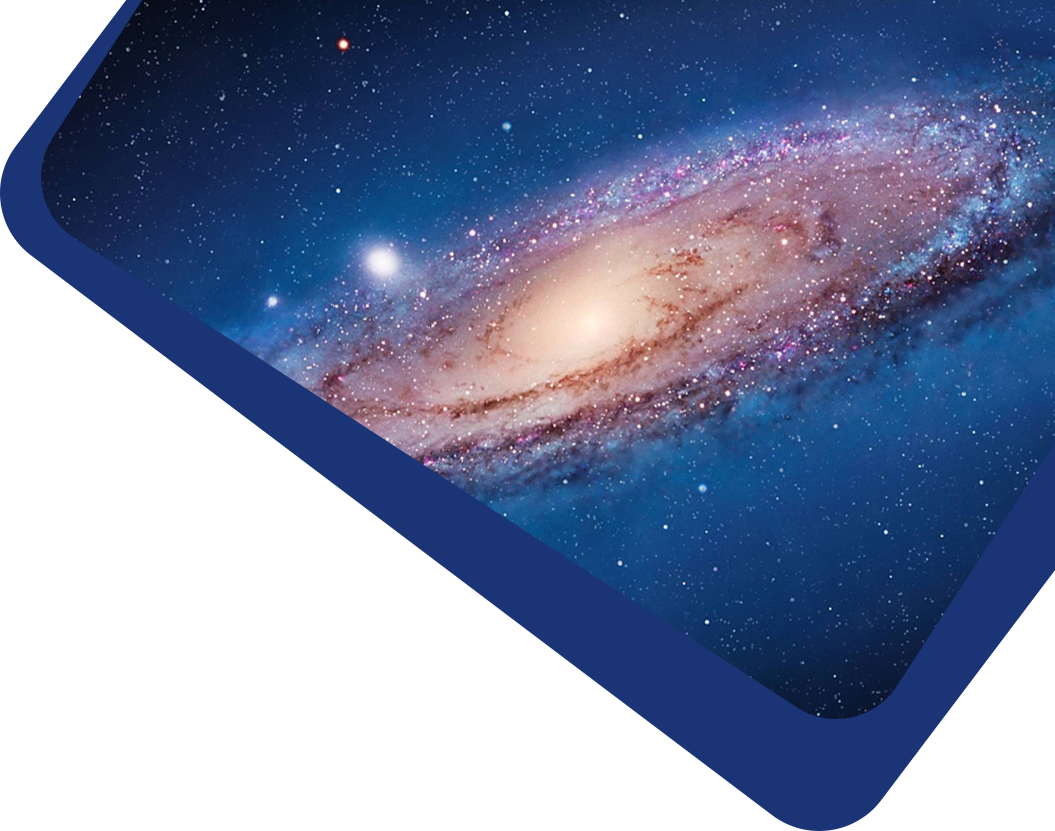

Ethical standards are crucial to ensure high quality of scientific publications, credibility of scientific findings, and that authors receive credit for their work.
Editors have to ensure that all manuscripts received by their journal are reviewed for their scientific content without regard to sex, gender, race, religion, citizenship, etc. of the authors. Furthermore, the editors need to ensure that any information regarding manuscripts submitted by the authors is kept confidential.
The reviews of submitted manuscripts must be done objectively, and the referees should express their views clearly with supporting arguments. Furthermore, referees need to be aware that any information regarding the manuscripts they are reviewing should be treated as privileged information.The authors should be aware in particular about the following:
1. Originality: In order to avoid ethical violations, RAA is committed to only publishing original material that was not published before, except in the form of an abstract (including electronic preprints and discussion papers), or that is considered for publication elsewhere. Furthermore, redundant publications ("salami tactic" of publishing small parts of the same research in several papers) should be avoided.
2. Author(s) Contribution: All authors listed on a presented scientific work must have contributed a significant part to it. Vice versa, all persons who contributed to the presented work need to be named in the list of authors.
3. Citation Manipulation: Any manipulation of citations (e.g. including citations not contributing to a manuscript's scientific content, citations solely aiming at increasing an author's or a journal’s citations, etc.) is regarded as scientific malpractice.
We expect that all authors, referees and reviewers to similarly uphold and abide by RAA’s ethical policies when engaging in activities related to RAA.
Download:
It accepts original submissions from all over the world and is internationally published and distributed by IOP